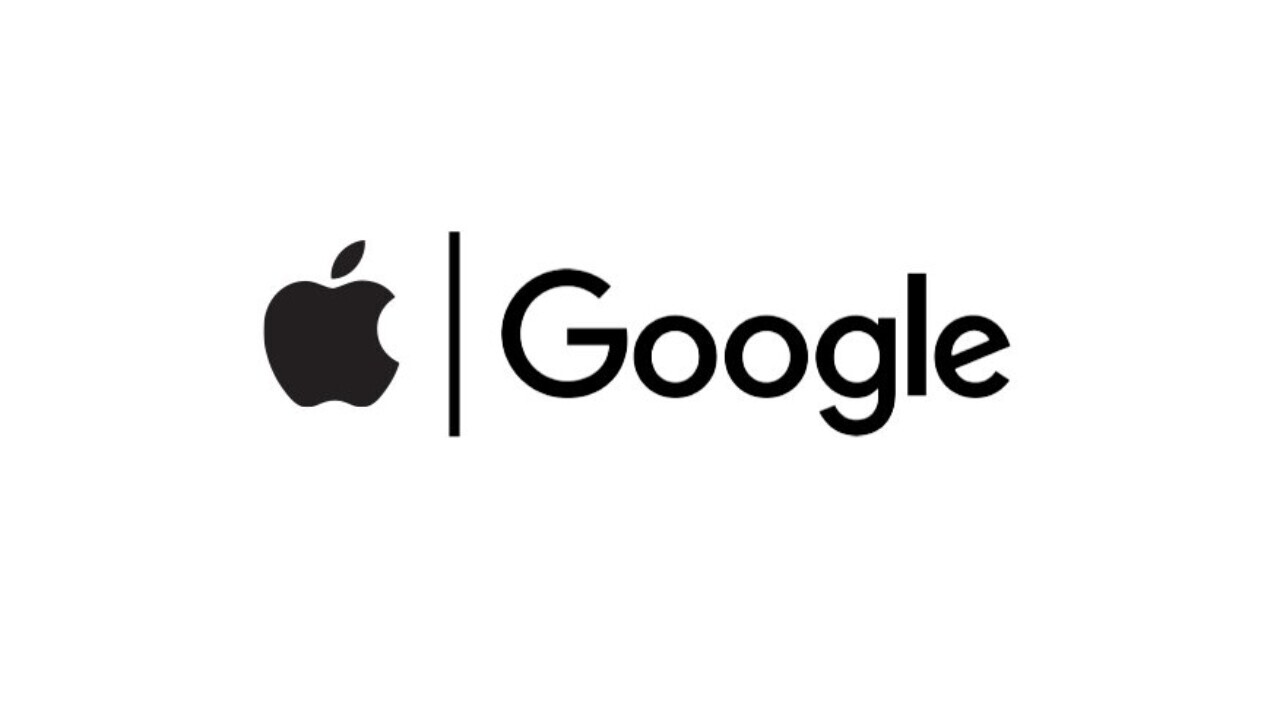South Korea passed a landmark bill today that will force Apple and Google to open up their app stores to alternative payment methods. The country’s national assembly passed the bill after the special parliament committee voted in favor of it last week.
The bill is an amendment to the country’s telecommunication act that will stop companies like Apple and Google from using their in-app purchase system in app stores exclusively. If any app store operator fails to comply they’ll have to pay 3% of their South Korean revenue.
Both companies have faced scrutiny the world over related to the commission they collect from app developers. These companies charge a 30% fee for in-app purchases with certain concessions for small-time developers. Epic Games — owners of battle royale game Fortnite — is in a famous court battle with Apple over this matter. In India, Google had to delay the rollout of its 30% commission, after developers rallied against it last year.
Last week, after the South Korean parliamentary committee passed the bill, Apple commented that if people will use alternative sources to buy digital goods, they’ll be “at risk of fraud.”
In the US, a bipartisan bill was introduced this month, looking to restrict Apple and Google’s dominance over in-app payment systems in their app stores.
Last week, Apple gave a minor respite to developers by allowing them to communicate about alternative payment methods to the customers — but only via email.
In a statement, Google said that Play Store provides more than payment processing to developers:
Google Play provides far more than payment processing, and our service fee helps keep Android free, giving developers the tools and global platform to access billions of consumers around the world. It’s a model that keeps device costs low for consumers and enables both platforms and developers to succeed financially. And just as it costs developers money to build an app, it costs us money to build and maintain an operating system and app store. We’ll reflect on how to comply with this law while maintaining a model that supports a high-quality operating system and app store, and we will share more in the coming weeks.
In its statement, Apple repeated its message from last week about fraud and developer opportunities:
The Telecommunications Business Act will put users who purchase digital goods from other sources at risk of fraud, undermine their privacy protections, make it difficult to manage their purchases, and features like “Ask to Buy” and Parental Controls will become less effective. We believe user trust in App Store purchases will decrease as a result of this legislation — leading to fewer opportunities for the over 482,000 registered developers in Korea who have earned more than KRW8.55 trillion to date with Apple.
The new South Korean law can inspire a lot of countries and regions to enforce restrictions on these big app store operators. This could potentially change the way that apps are distributed on these mobile platforms.
Get the TNW newsletter
Get the most important tech news in your inbox each week.





